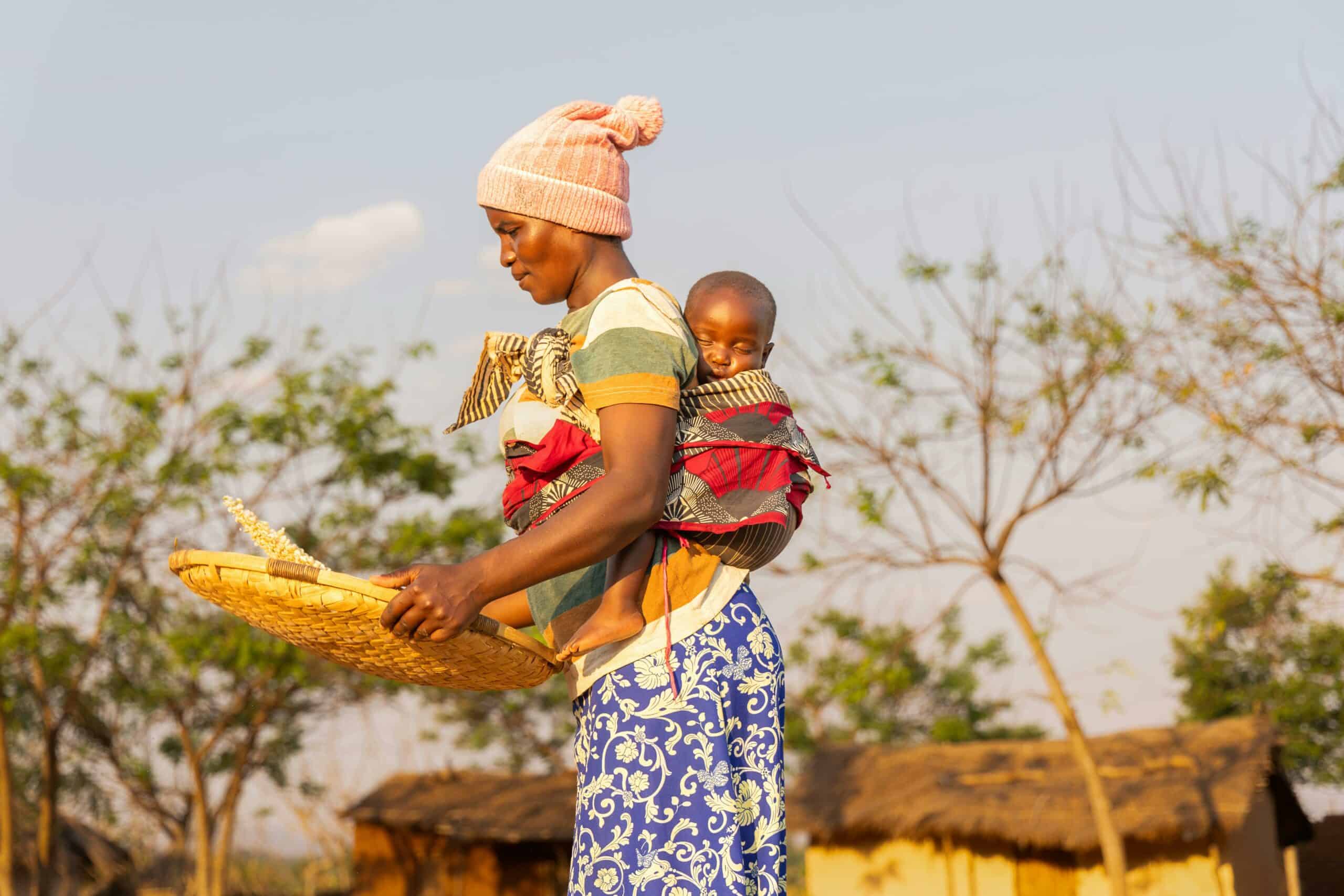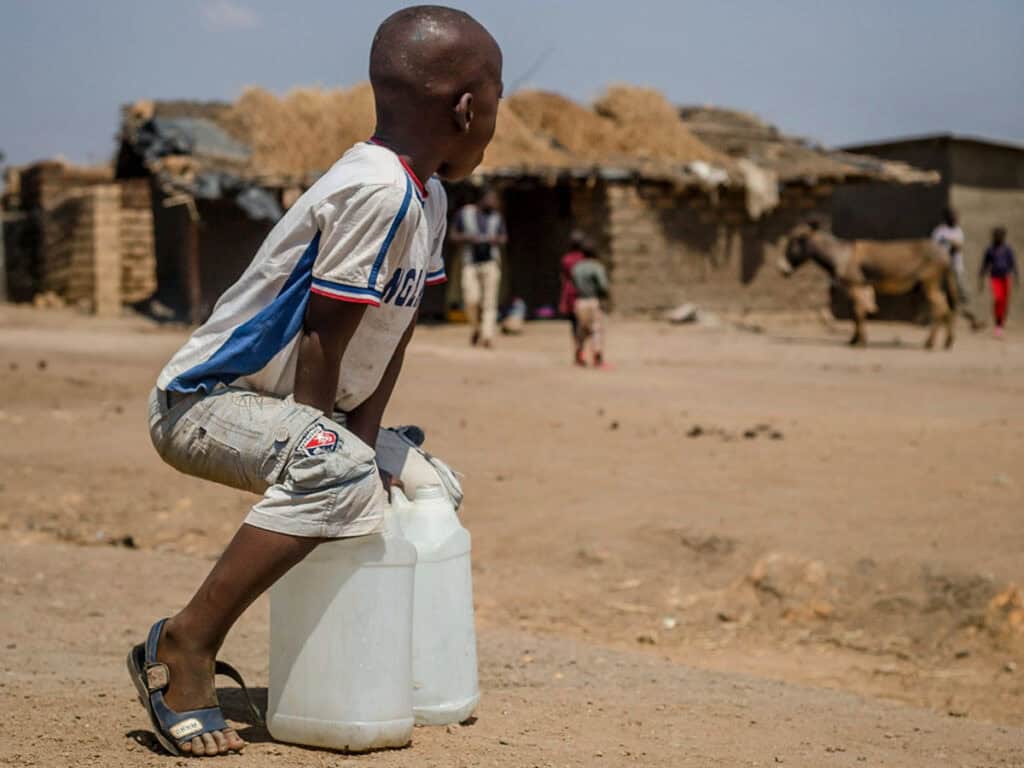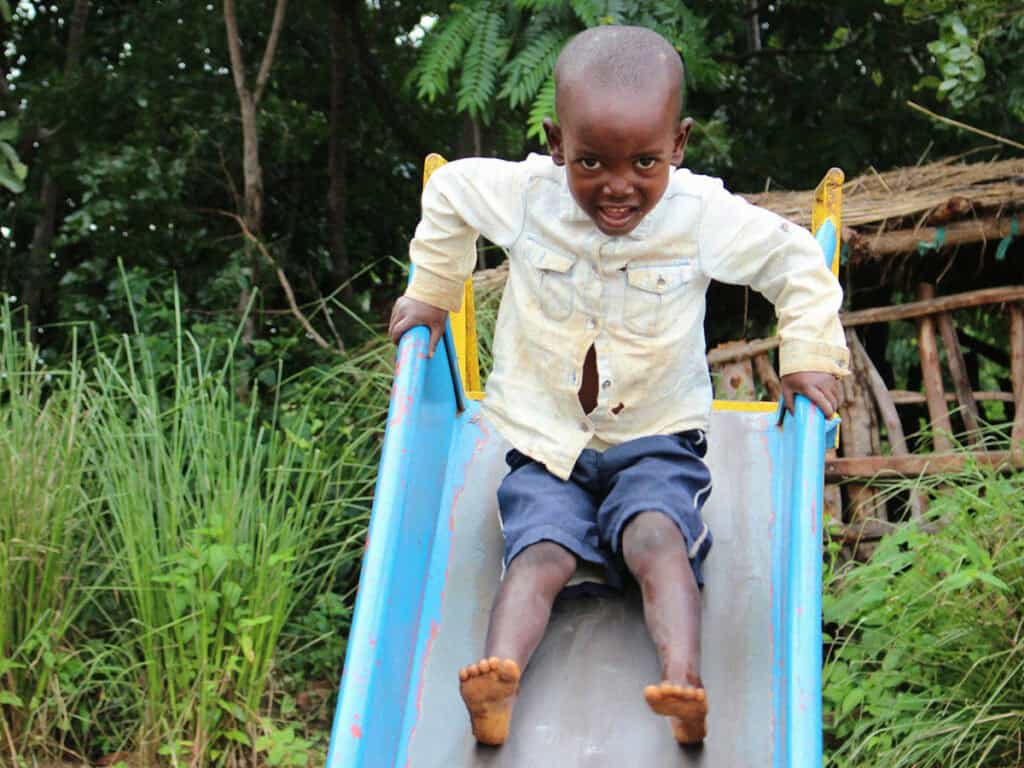
Madzi for Malawi
By building and repairing wells, we provide access to water for some of the 7 million people who do not yet have it here.
Malawi
country
Zomba and Machinga
district
2024-2026
period
17,000
people
Many millions
In Malawi, 30% of the population – that’s over 7 million people – does not have access to clean drinking water. Almost a quarter of health care facilities and a quarter of schools do not have a safe water supply.
Less than 10 percent of the population regularly washes their hands with soap and water. This poses a major health risk to children, pregnant women and other vulnerable groups.
This situation makes it harder to combat diseases such as cholera and COVID-19 and threatens the Sustainable Development Goals. There is an urgent need to make clean water, toilets and good hygiene accessible to all.
Click on the marker to zoom in

Madzi
With the project (‘madzi’ means water in Chichewa), we will improve water and sanitation facilities in two districts (Zomba and Machinga). We are building 10 new water wells in a number of different villages. We are also renovating the water installations in two healthcare institutions in the area and installing water points in surrounding communities.
In addition to these access points for clean water, we are also going to help to practice better personal hygiene. Through training and campaigns, we hope to get more people to wash their hands regularly.
“
In Malawi, 30% of the population – that’s over 7 million people – does not have access to clean drinking water.
”
Strengthening the economy
To ensure the quality of the water in the long term, we are going to form maintenance committees. We will also train women leadership groups and set up income generating activities together. This not only helps to maintain the water points, but also strengthens the economy and the local community.
With this project we hope to provide clean drinking water to 1,200 school children, 9,500 villagers and 400 patients in health care facilities daily. In addition, 30,000 people will be informed and trained in effective hygiene practices. We aim to improve quality of life and reduce infectious diseases such as cholera through access to water and improved hygiene practices.

UPDATES ABOUT THIS PROJECT
A successful start for clean drinking water in Malawi
Discover the progress made in the first phase of our water project “Madzi for Malawi”.
Read moreField Notes From Malawi
Discover what our donors experienced during our project visit to Malawi, from improved water access in health centres and schools to the daily realities of communities in Machinga and Zomba. A closer…
Read moreLet’s get to work in Malawi
Over 30% of the population in Malawi lacks access to clean drinking water. That’s over 7 million people! We hope to make a slight change to this problem with our new project Madzi for Malawi. Here is…
Read more